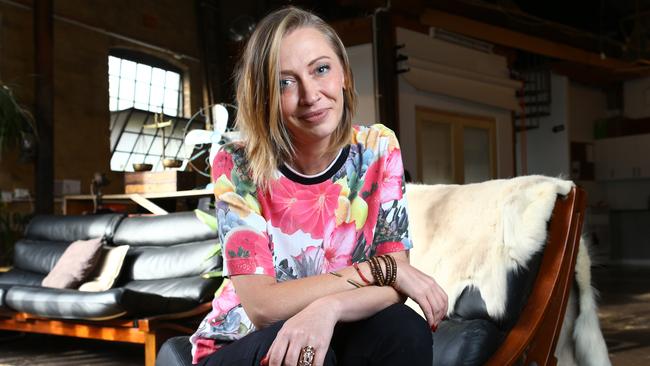Federal election 2016: kids resigned to paying for parents
Millennials are concerned that affordability issues mean they won’t have enough funds to look after themselves into old age.

Millennials worried they will have to shell out for their parents who haven’t put enough money aside to pay for retirement are also concerned that rising affordability issues mean they won’t have enough funds to look after themselves into old age.
More than half of 18 to 34-year-olds believe the rising cost of living means they won’t be able to save enough for a comfortable retirement, according to a survey by REST Super.
More than 1000 people surveyed provided a glimpse into a growing cycle of intergenerational dependency in which more than a third of respondents believe they will have to give up work to look after ageing parents, or that their retired parents will come to them for money.
The results come at a time when mooted changes to superannuation in the lead-up to the election, particularly the Coalition’s proposed $1.6 million cap on tax-free super, have raised questions about whether baby boomers will have enough to live comfortably and independently of financial assistance from family.
The decision to retain government contributions for low-income earners to help young professionals, particularly women, has been welcomed, but REST said changes targeting older, wealthier retirees could end up costing millennials.
“It could be perceived as a discouragement for people to contribute as much as they possibly could into their super,” REST chief operating officer Andrew Howard said. “Many of these changes don’t affect the majority of REST members, but super is an important long-term investment and we would prefer the system was used to encourage people to save, rather than used for revenue raising.”
The data also reveals a broader issue in which young professionals believe that affordability challenges associated with the cost of housing and city living could have a long-term impact on financial security and their ability to fund themselves into retirement. “There’s a perception that the increased cost of living means that they can’t save enough for a comfortable retirement and that’s a sign that things have changed since previous generations,” Mr Howard said.
The super fund suggested that millennials should tackle the problem by putting more into their super so as to be better capitalised for when their parents need help.
Small business owner and former MasterChef contestant Renae Smith is one such professional worried about her financial future.
After working in various administrative roles and owning a business for more than 15 years, she still has “next to nothing” in her super account.
While her parents would not depend on her financially, the high cost of inner-city living has her resigned to the fact she will be working “until I die” to make ends meet.


